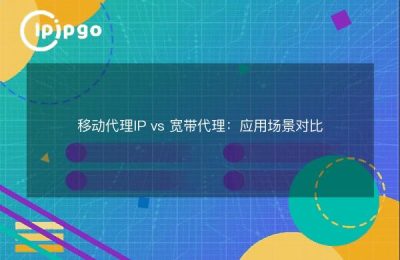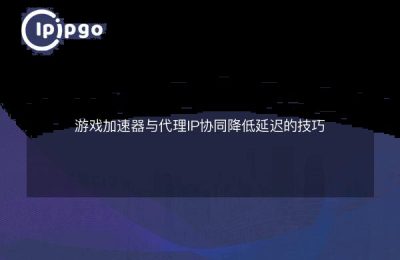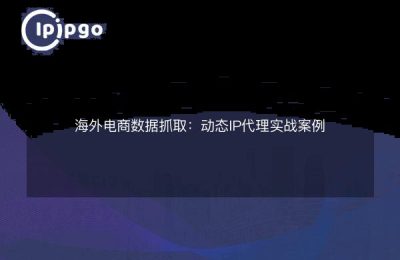
Why do local Korean e-commerce companies need pure static IPs?
One of the biggest headaches for those who do Korean e-commerce is that their accounts are inexplicably blocked. The platform's risk control system will determine whether the account is abnormal through IP addresses, device fingerprints, login behavior and other dimensions. For example, if the same IP address frequently switches accounts, or if the IP address belongs to a foreign country, the blocking mechanism may be triggered. AndKorea local pure static IPIt can directly simulate the network environment of real users, so that the store operation is closer to the identity of local merchants.
Why are regular proxy IPs prone to rollover?
A lot of people casually use dynamic IP or shared IP services and end up being blocked just after logging in. The problem lies in three main points:
1. Lack of IP purity: Some proxy IPs are reused by multiple users, and the platform detects traces of multiple sharing;
2. Geographic confusion: Dynamic IPs may jump across cities or even countries, and do not correspond to the place where the account is registered;
3. Protocol Type Exposure: Some proxies leave obvious proxy protocol characteristics (e.g., HTTP headers) that are labeled as high risk by the platform.
Anti-Blocking Solution for Static Residential IP in Korea
To run a stable account for a long period of time, it is recommended to useipipgo's Korean Pure Static Residential IP's.. This type of IP comes directly from local home broadband and offers three core advantages:
| Real Residential IP | Identical to the average user's home network |
| Fixed geographic location | IP attributed to real cities such as Seoul/Busan |
| Full Protocol Support | Adaptation of HTTP/Socks5 and other protocols |
Specific operational steps:
1. Select in the ipipgo backend"Korea - Static Residential IP", set a fixed export city (it is recommended to be the same as the store's registered place);
2. Access to local servers via Socks5 protocol to avoid traffic characteristics being recognized;
3. Assign an independent IP to each store account and prohibit cross-account mixing;
4. With the browser fingerprint modification plug-in, fully simulate the local device environment.
How do I verify the reliability of a proxy IP?
Always do the three tests before use:
1. Visitswhoer.netSee if the IP geolocation and DNS match;
2. Inipinfo.ioCheck that the IP type is "isp" (home broadband);
3. Visit the target platform for three consecutive days and observe whether the account triggers security verification.
All of ipipgo's IPs provideReal-time test reportsThe IP purity score can be viewed directly in the backend.
Frequently Asked Questions QA
Q: Static IP is more expensive than dynamic IP, is it necessary to use it?
A: Dynamic IP is suitable for short-term operation, but long-term operation of the store must use a static IP. ipipgo supports pay-as-you-go, and the cost is much lower than the loss of sealing.
Q: What if I run more than one store at the same time?
A: It is recommended to bind 1 independent IP for each store. ipipgo supports batch creation of IP sessions and can manage up to 200 IP ports at the same time.
Q: Can I recover my IP after it has been blocked by the platform?
A: Immediately deactivate the blocked IP, replace it with a new IP in the ipipgo background, and check the account operation behavior (avoid frequent operation within a short period of time).
With the above program, combined with the ipipgo provided by the90 million + residential IP resourcesand accurate positioning ability, can effectively solve the Korean e-commerce account survival problems. In the actual test, the sealing rate of stores using pure static IP is reduced by more than 90%, which is especially suitable for cross-border sellers who need long-term stable operation.








